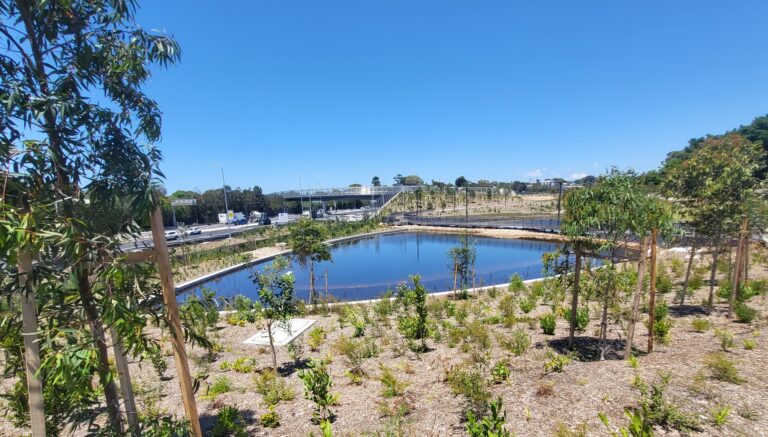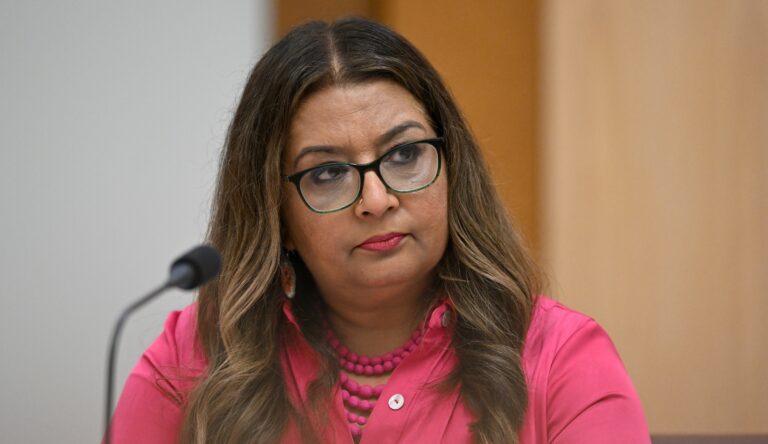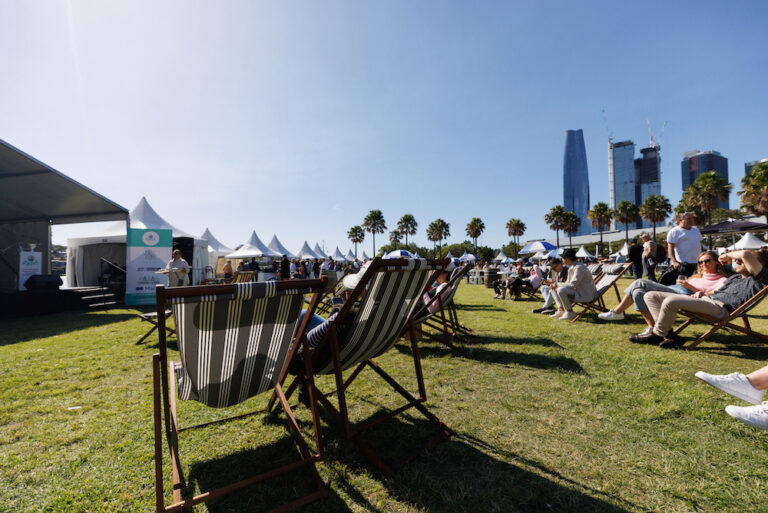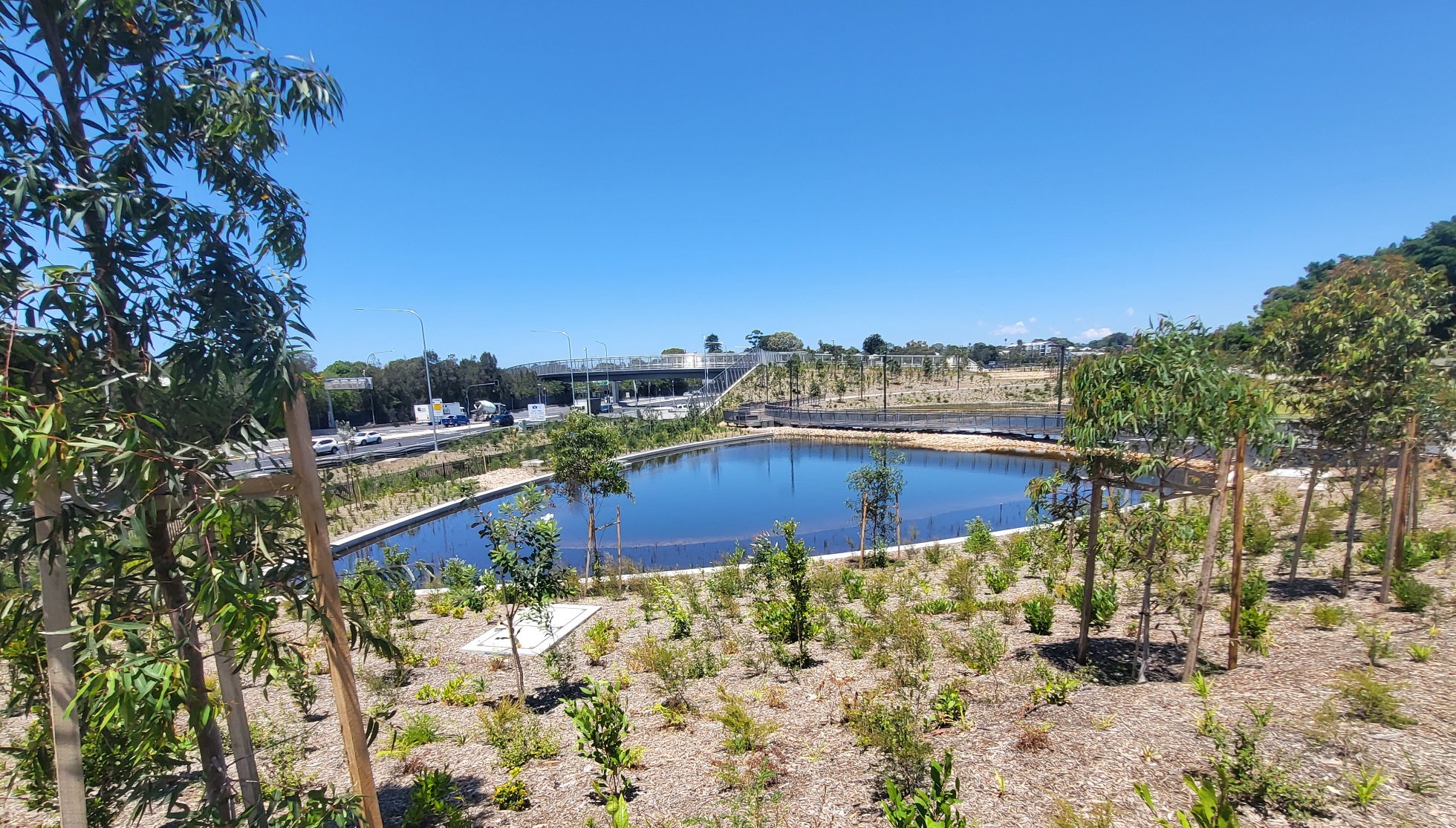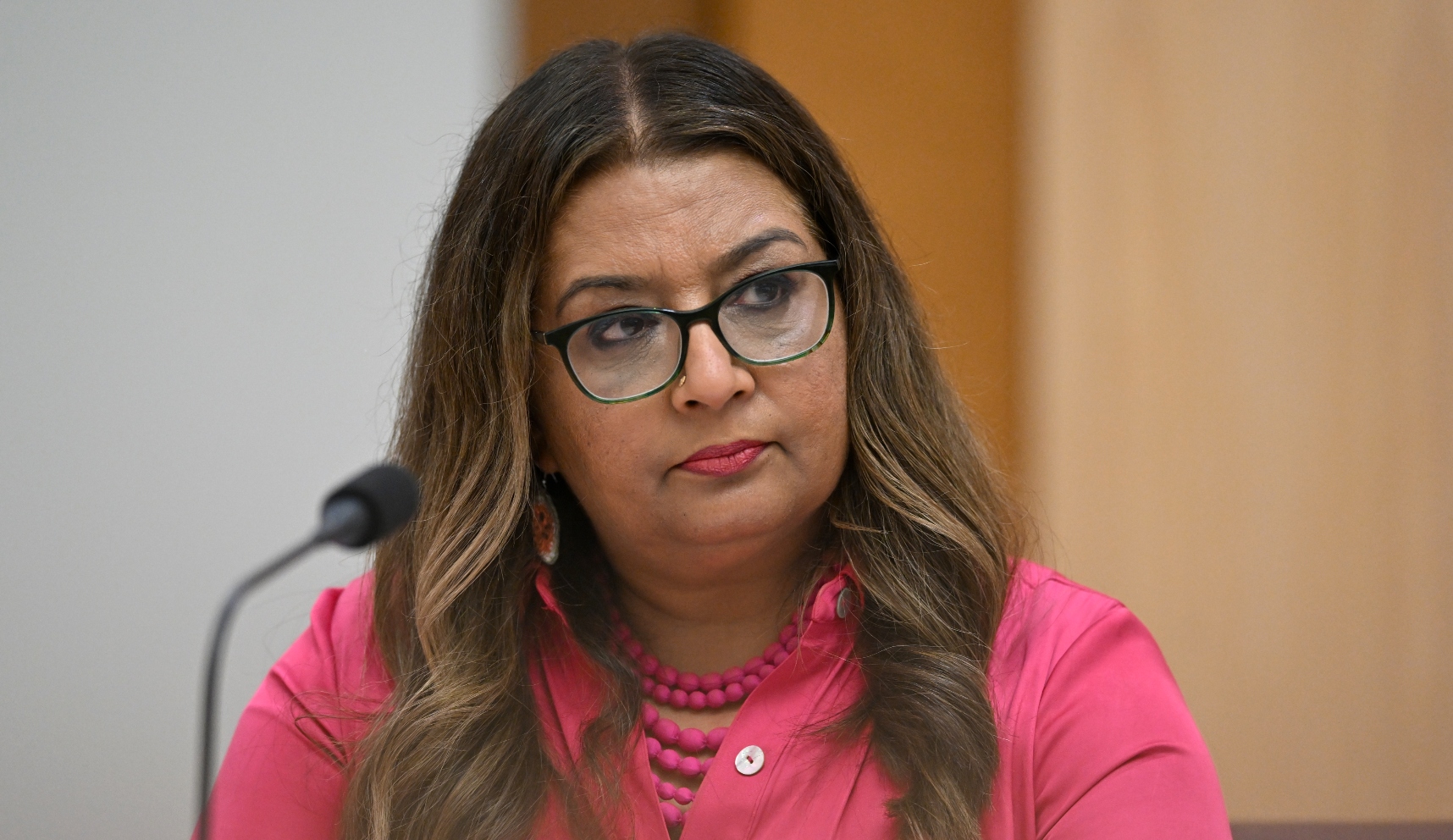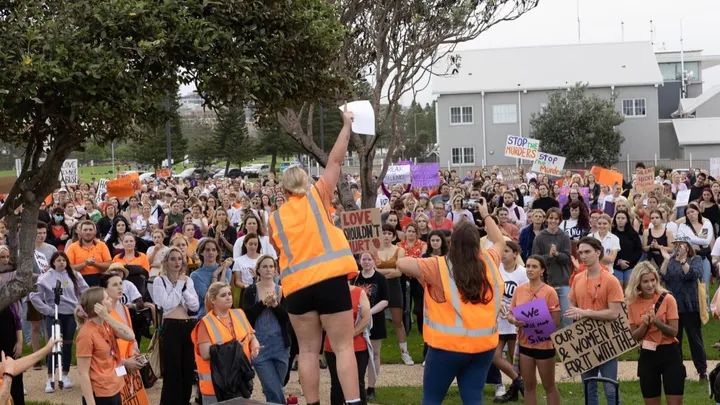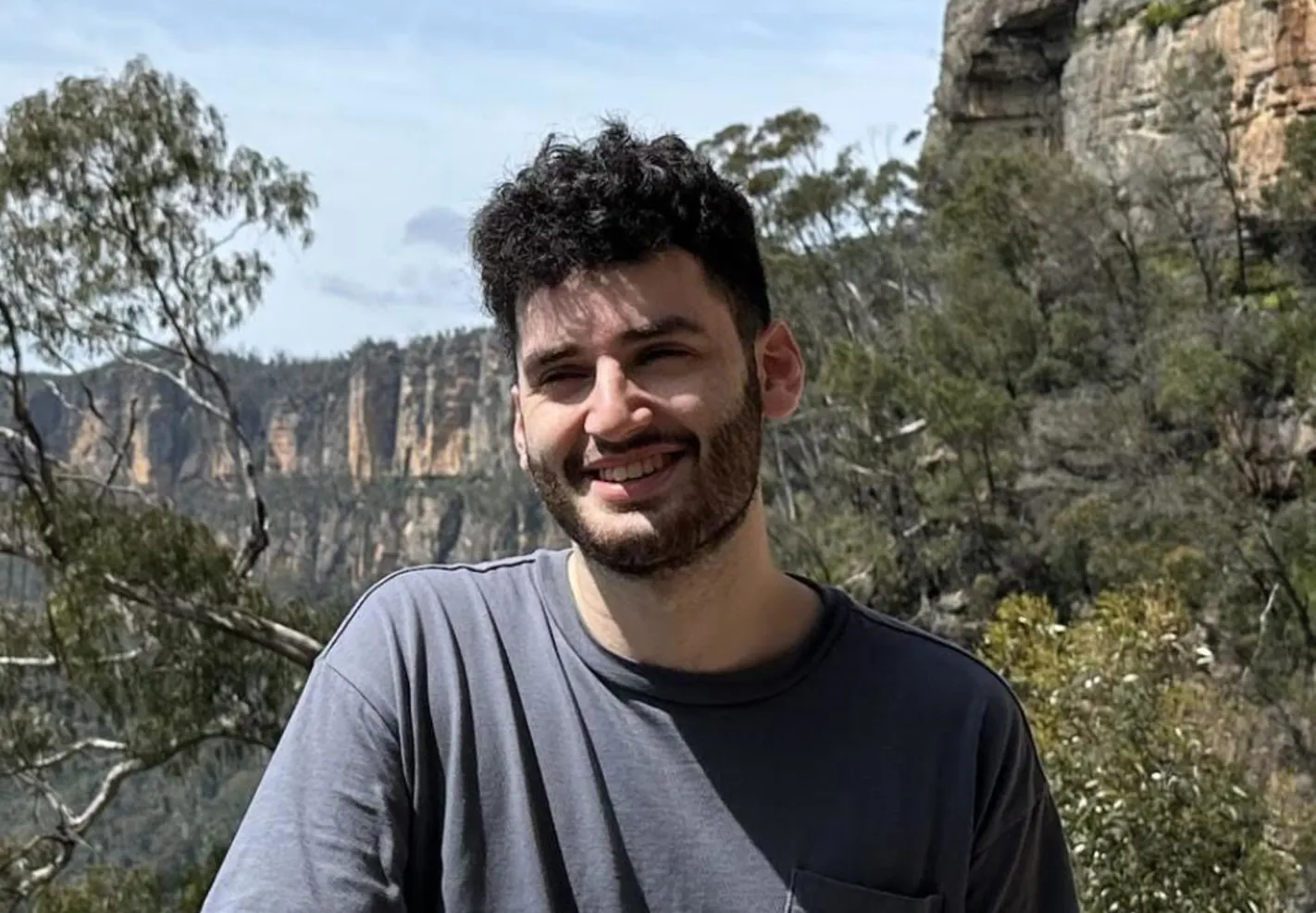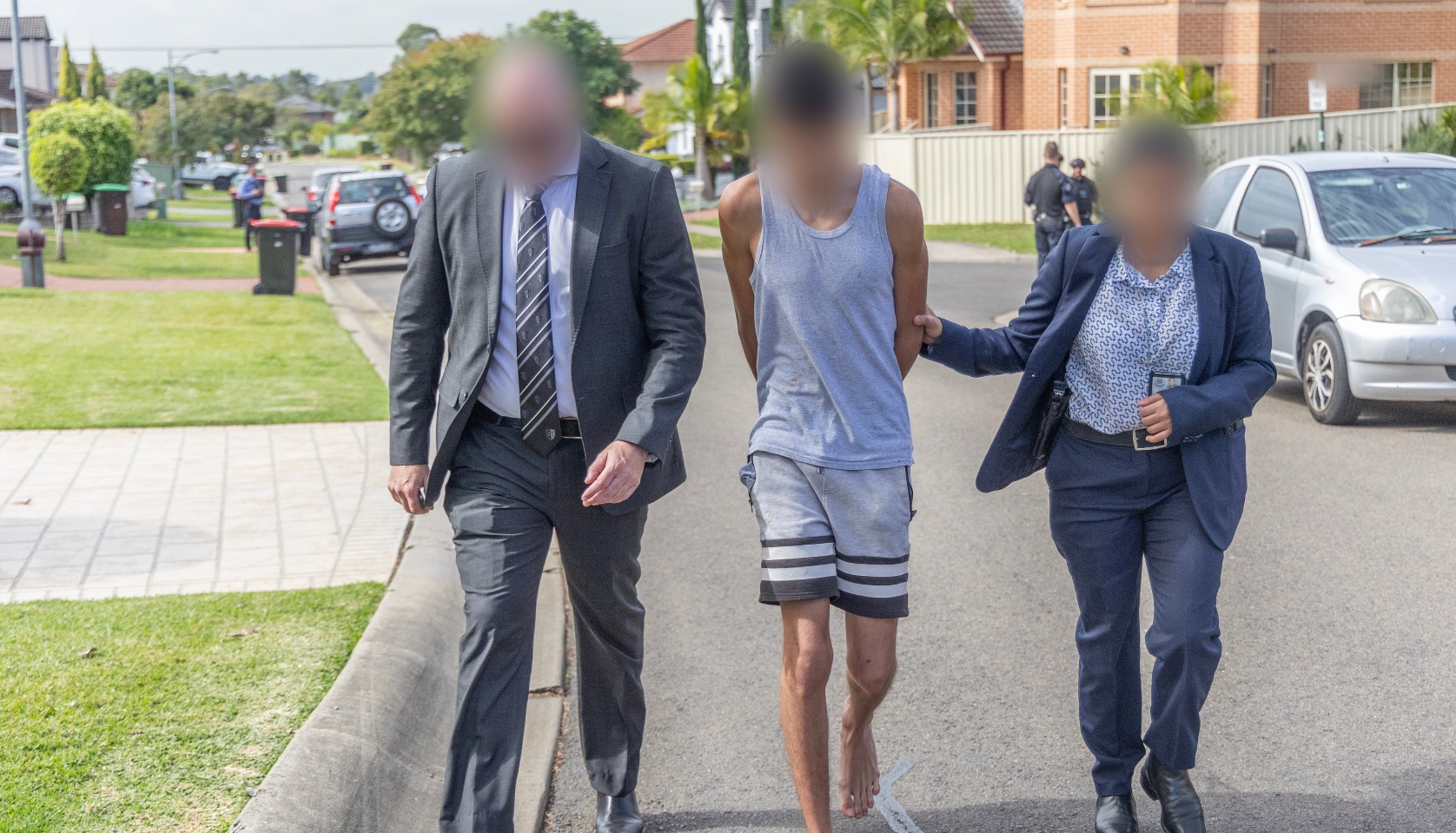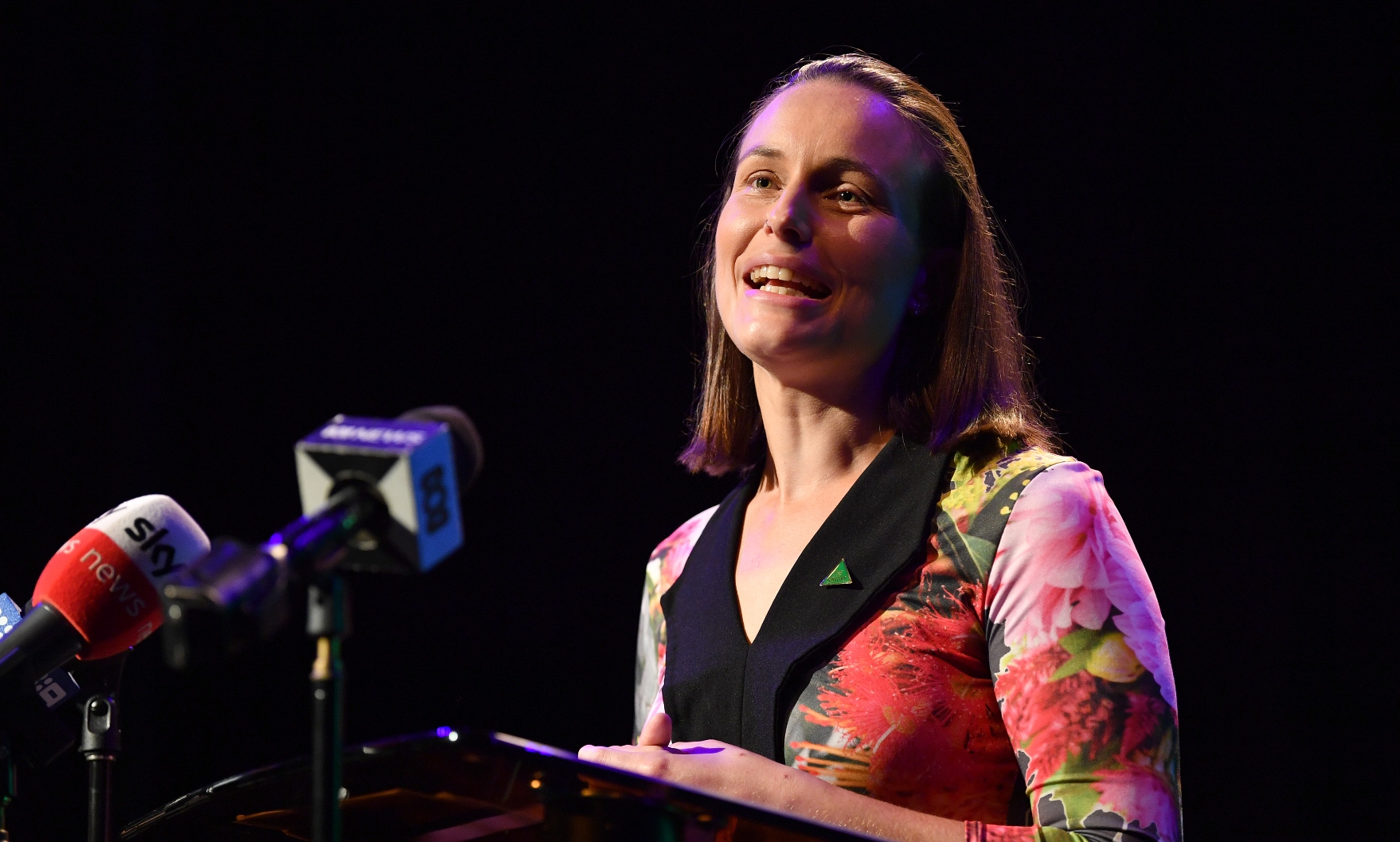
Australia’s largest proposed student housing mega-complex is unaffordable for students
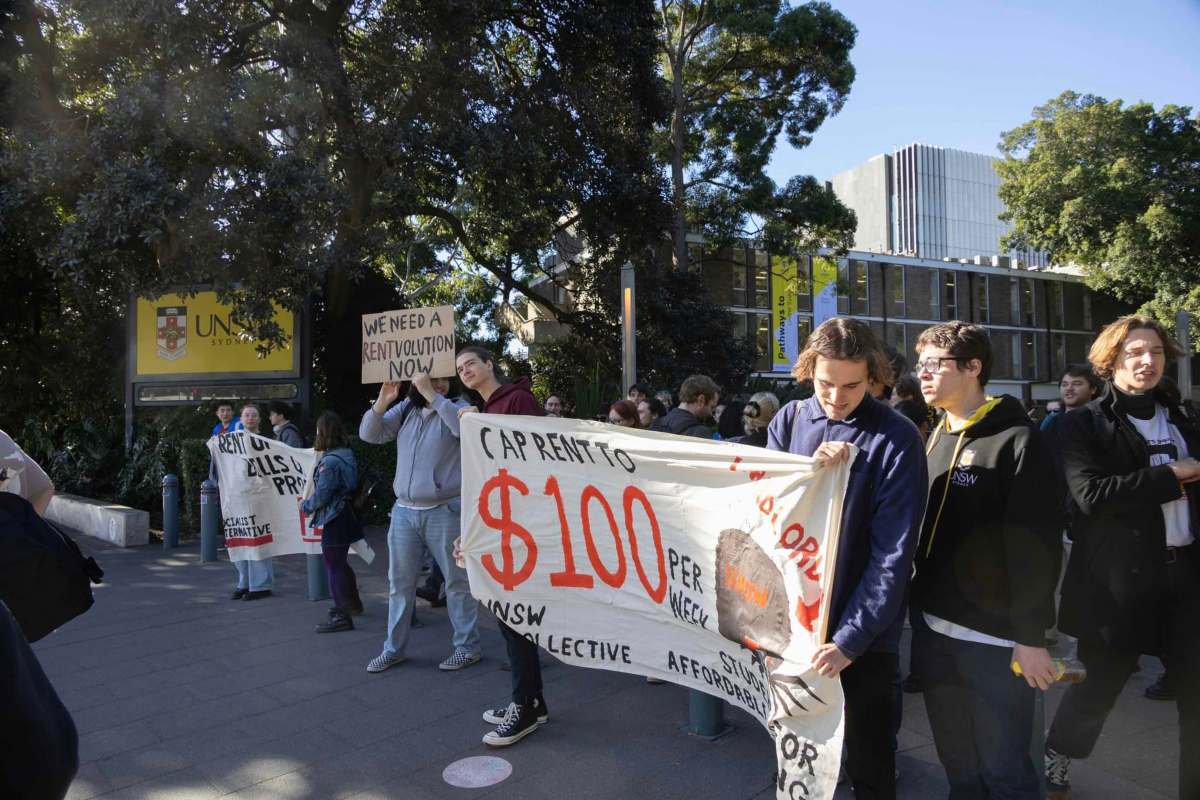
Image: Students and local activists staged a protest at UNSW's Kensington campus on Wednesday, 21 June. Image: UNSW Education Collective/Facebook.
By ROBBIE MASON.
In the midst of Sydney’s rental crisis, UNSW students, a Randwick Councillor and local residents have united in opposition to a development application to build an 1100-unit tower block for UNSW students with rooms likely to cost $650 per week. Only 14 rooms will be accessible to those with disabilities.
The 9,280 square metre site will be the largest student accommodation precinct in the country, if the development proceeds. A third-party student accommodation provider, Iglu, will commercially operate the site, which sits on Crown Land, via a lease. The redevelopment will involve knocking down a car park on Anzac Parade, next to the National Institute of Dramatic Art (NIDA).
A Greens councillor, Philipa Veitch, has put forward a motion for the next Randwick Council meeting on Tuesday 27 June, bringing attention to the development application. In that motion, she notes that rental costs for rooms in this Iglu student accommodation will far exceed current welfare benefits for full-time students.
At a recent information session for local residents, an Iglu representative provided insights to Cr Veitch about the possible cost of rooms in the tower.
“I understand it is not going to be coming in under the $650 a week and some of the accommodation on the higher floors will be somewhat higher than that as well,” Cr Veitch said.
The maximum Youth Allowance payment for a full-time student over the age of 18, who is not living in their parent’s home, is $562.80 per fortnight.
The cheapest on-campus accommodation at UNSW is currently $653 per fortnight.
Cr Veitch expressed disappointment in the proposed privatisation of public land, telling City Hub “these publicly-owned sites in the inner city are very rare. We shouldn’t just be handing them out to private developers.”
“Even Labor, with their unambitious housing targets, already have a target in NSW of at least 30 per cent social housing on any public site. I don’t even know that this DA conforms to the current Labor policy.”
Community opposition
Veitch told City Hub neighbouring residents are “very concerned” about the development, which is “much higher than any of the [current] zoning along Anzac Parade”. The tallest tower will stand over 74 metres in height.
In her motion before Randwick Council, she notes “strong objections from neighbouring residents regarding scale, construction noise, overshadowing, parking loss and other impacts”.
UNSW students, meanwhile, condemned UNSW’s for-profit approach to student housing at an on-campus rally on Wednesday this week, June 21. Cr Veitch spoke alongside student activists before a throng of over 100 supporters.

Students have made a series of demands such as the conversion of university-owned residences into emergency student housing, the freezing of all rent increases until 2027, an end to the privatisation of student housing and the provision of financial bursaries for low-income peers.
They also want the NIDA lease to Iglu to be scrapped.
When City Hub reached out to the UNSW media team for comment, a UNSW spokesperson provided no indication that the UNSW administration will intervene or respond to the demands of protestors.
Third-party student accommodation providers in hot water
Purpose-built student accommodation (PBSA) providers, such as Iglu, Scape and Urbanest, have attracted significant criticism in recent years for high price points, impersonal environments and substandard facilities.
In Australia, PBSAs have become an increasingly mainstream and highly profitable sector for international and institutional investors. In December 2019, Scape Australia acquired the $2 billion portfolio of Urbanest in a deal that was the single largest property transaction that year.
UNSW Education Officer Cherish Kuehlmann described Iglu to City Hub as “notorious for high prices and rorting international and domestic students alike”.
A quick trawl through Facebook groups for international students in Sydney exposes a flurry of online chatter and frustration about the increasing normalisation of bunk-bed/dormitory style living situations within the private rental market.
Historically low vacancy rates for university-owned residences and PBSAs mean there are few options for domestic and international students moving into the city.
Following record levels of new Indian student enrolments and an influx of over 40,000 Chinese students returning to Australia shores to study in the first semester of this year, competition for places is fiercer than ever, and concerned housing experts have spoken out.
An Australia Financial Review report in April this year revealed that PBSAs are at 100 per cent capacity in Sydney, and that international students are being forced to live in tents and hotels.
A UNSW Sydney spokesperson told City Hub that “on-campus accommodation is fully booked but we do offer a waitlist as there is usually some movement.”
Student testimonies expose rental issues
The UNSW Education Collective recently publicised a petition demanding the university take immediate action amid Sydney’s housing crisis. As an option, students were able to leave comments detailing their struggles with housing.
According to Kuehlmann, the collective has already received a wide range of “shocking testimonials”; frequent complaints about rent costs, difficulties finding homes in the first place, prolonged Airbnb stays, but also “a whole host” of comments detailing “quite unsafe living conditions”.
One contributor wrote: “I applied to in [sic] campus housing, and after being told I was stuck on a waiting list that was hundreds of people long, I had to look elsewhere.”
“I am now living in a room with three other people, plus the landlord and his wife (5 total), where I have been explicitly told I have to abide by the (very strict) rules of the house or leave. These rules include no piercings, no dying my hair an unnatural colour, no having a partner of the same sex and no staying out after a certain time.”

Another UNSW student referenced an unreliable and hostile building manager who demanded cash, failed to adequately address a lack of hot water on the site and insect problems. This student subsequently found on-campus living quarters, but increased rent costs mean they are now “almost always on a tight budget”.
Another wrote: “was looking to live on campus initially to avoid 4 hour round trip to university each day… but the cost was too far out of my budget.”
In public discourse around Sydney housing, both international students and domestic students, who live away family and carers, have largely disappeared from view. As inflation rises and networks of activists spend long nights working to prevent public housing from sliding into private hands, there’s hardly a shortage of distractions.
But for international students for whom there are fewer industrial protections in the workplace, their neglect is even more pronounced.
Lamenting this “dire” situation, Kuehlmann stated, “students are put into desperate situations due to the rental crisis where they have to accept whatever shelter they can get.”

Students as cash cows
UNSW SRC President, Paige Sedgwick, has accused the university of corporate PR spin in relation to its diversity pledges.
“UNSW currently has a target of 25% of commencing domestic students being from a low socioeconomic background by 2027”, she said.
“Without some drastic changes to housing prices on campus these students will be struggling more than ever to afford university.”
Kuehlmann also criticised the university for double standards, stating, “UNSW are projected to make a $16 million dollar profit from their housing portfolio this year alone. Instead of profiting off of students during a rental crisis, they should use their resources to make sure students have safe, accessible and affordable shelter.”
In Cr Veitch’s words: “there is a big question mark as to why UNSW is seeking to essentially profiteer off expensive student accommodation when students are battling to live on a day-to-day basis at the moment.”


